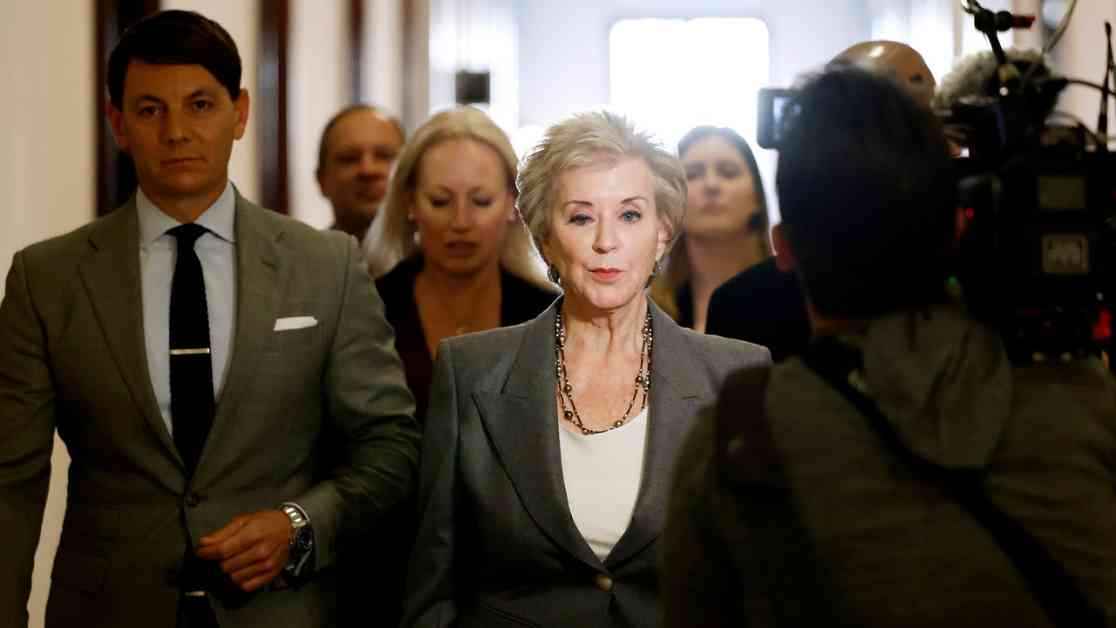President Donald Trump, known for his victory in the Battle of the Billionaires at WrestleMania 23, has a close relationship with Linda McMahon, former C.E.O. of World Wrestling Entertainment. McMahon, who previously led the Small Business Administration, is now Trump’s nominee for the U.S. Department of Education, despite lacking traditional qualifications for the role. If confirmed, McMahon faces the daunting task of overseeing an agency that the administration aims to dismantle. The Department of Education, responsible for critical services like federal student loans, funding for low-income districts, and special education programs, is already feeling the effects of this effort.
Under the current administration, drastic changes are underway within the Department of Education. Members of Elon Musk’s team have been implementing significant staff changes and using artificial intelligence to analyze agency programs and spending. Reports indicate that the agency has already canceled nearly a billion dollars in education research contracts. Additionally, discussions are ongoing regarding potential internal reviews to ensure that department grants do not support discriminatory practices. The impact of these changes is already being felt, with Democratic members of Congress encountering resistance when attempting to access the Department of Education building.
Despite the perception that the Department of Education micromanages public education, the reality is that most decisions are made at the state and local levels. While the federal government provides a relatively small portion of funding for public schools, the implications of dismantling the agency could be severe, particularly for schools in rural and low-income urban areas. Students with disabilities, in particular, are at risk of losing vital support if the Department of Education’s functions are significantly altered.
One of the key initiatives driving these changes is the school-choice movement, which advocates for redirecting resources away from public schools in favor of charter schools and voucher programs. Executive orders issued by President Trump highlight this administration’s commitment to promoting alternative educational options. While proponents argue that these programs provide families more choice, critics warn that such measures could undermine the rights of students with disabilities.
The potential impact of these policies on students with disabilities cannot be understated. The Individuals with Disabilities Education Act (I.D.E.A.) guarantees certain rights to students in public schools, including access to specialized services and protections against discrimination. However, if federal funding is redirected to private schools through voucher programs, these protections may no longer apply. As a result, students with disabilities could face reduced resources, delayed services, and increased uncertainty about their educational future.
The push for school choice and the dismantling of the Department of Education raise significant concerns about the future of public education in the United States. As policymakers consider these changes, it is essential to remember the impact they will have on vulnerable populations, including students with disabilities. The decisions made in the coming months will shape the landscape of education for years to come, underscoring the importance of thoughtful and inclusive policy-making.












